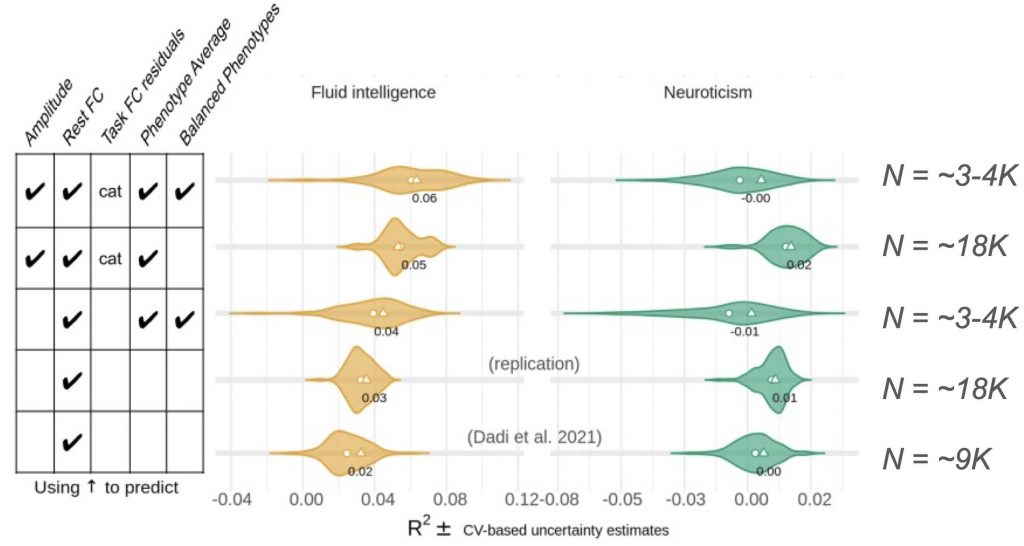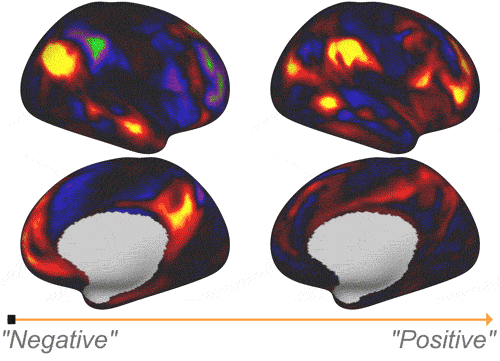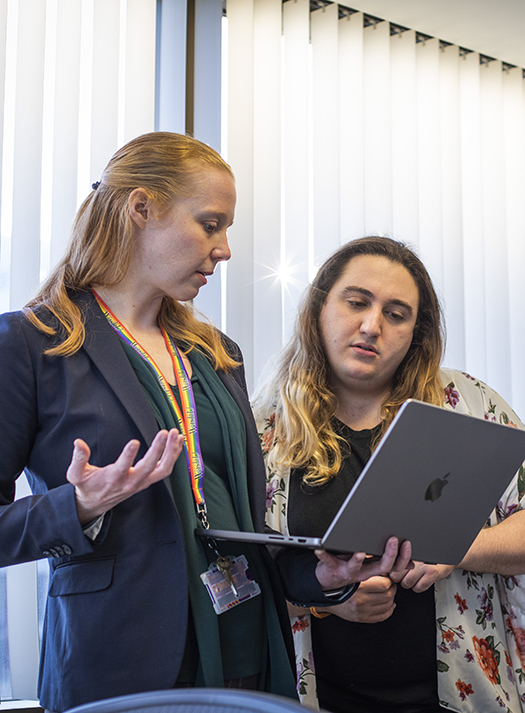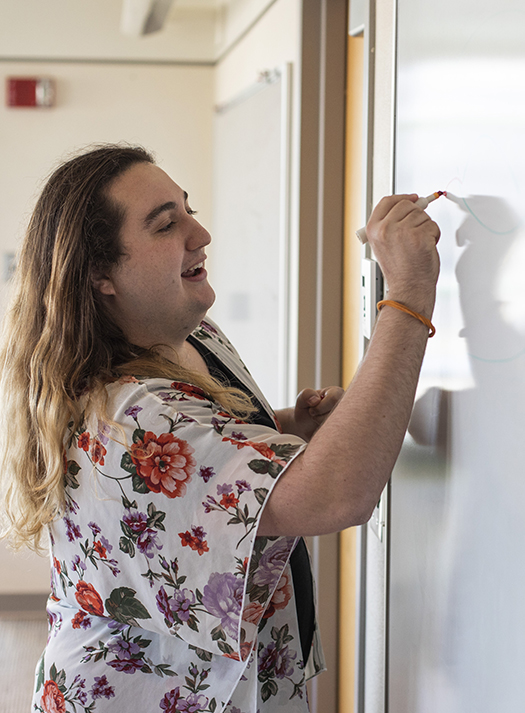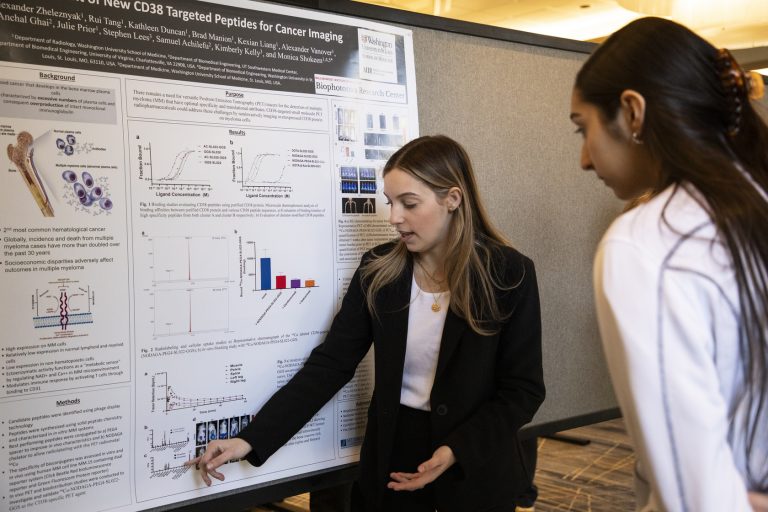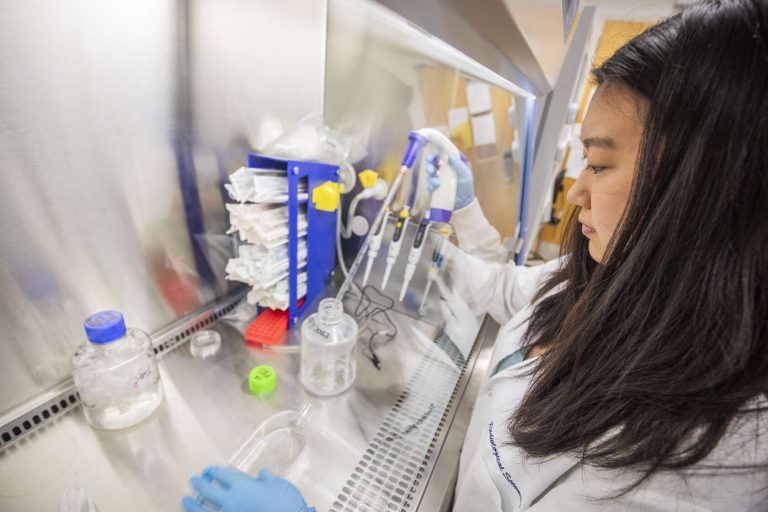Personomics Lab
Projects
Multimodal Brain Correlates of Mental Health
The first general research direction in the Personomics Lab is the use of largescale neuroimaging datasets (N>1,000) to investigate population mental health. We use a range of computational, machine learning, and statistical approaches to better understand the brain basis of mental health. In addition to neuroimaging and clinical symptom measures, our studies often involve additional data regarding lifestyle (e.g., exercise, sleep, diet, social support, etc.), cognition (e.g., intelligence, memory, etc.), and genetics (e.g., polygenic risk scores). Specific studies in this general direction include, for example, investigations of patient heterogeneity, comparisons between state versus trait aspects of mental health, and research into factors that promote resilience or vulnerability.
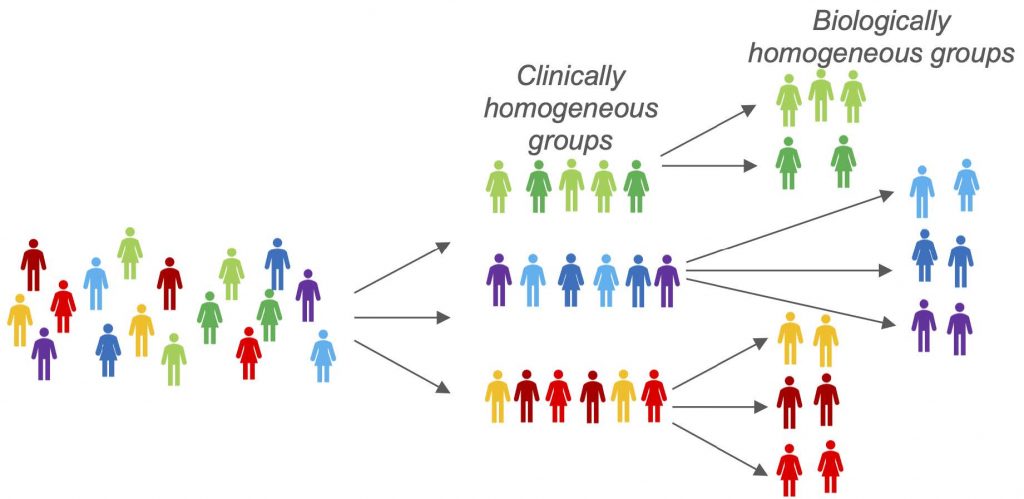
Resting State MRI Interpretability and Reliability
The second general research direction in the Personomics Lab aims to improve the reliability and interpretability of resting state MRI measures. Resting state MRI is a widely used non-invasive technique that offers insights into aspects of functional brain organization linked to behavior and clinical symptomatology, making it a key target for biomarker research. However, there are many different ways to analyze from resting state MRI data, and resulting features are assigned distinct interpretations and are not easily compared. This analytical flexibility reduces collaboration, replication, clinical translation, and cumulative scientific progress. Studies in this direction involve systematic comparisons across different resting state MRI feature types, benchmarking efforts, and cross-species research to inform mechanistic interpretations.
WAPIAW (Write A Paper In A Week)
Lab Projects
The Personomics Lab regularly collaborates on a joint lab paper. During a WAPIAW, everyone who participates drops their regular work and meetings for 5 days and we all work together to produce a paper. Everyone who participates is responsible for their own section of the paper and will perform their analysis and write their methods and results sections during the WAPIAW week. WAPIAW projects are usually led by one or two students/postdocs and are carefully prepared so that everything is in place beforehand to have a highly productive week. We all work closely together, so there is lots of collaboration, learning, and interaction, all fueled by plenty of snacks.
